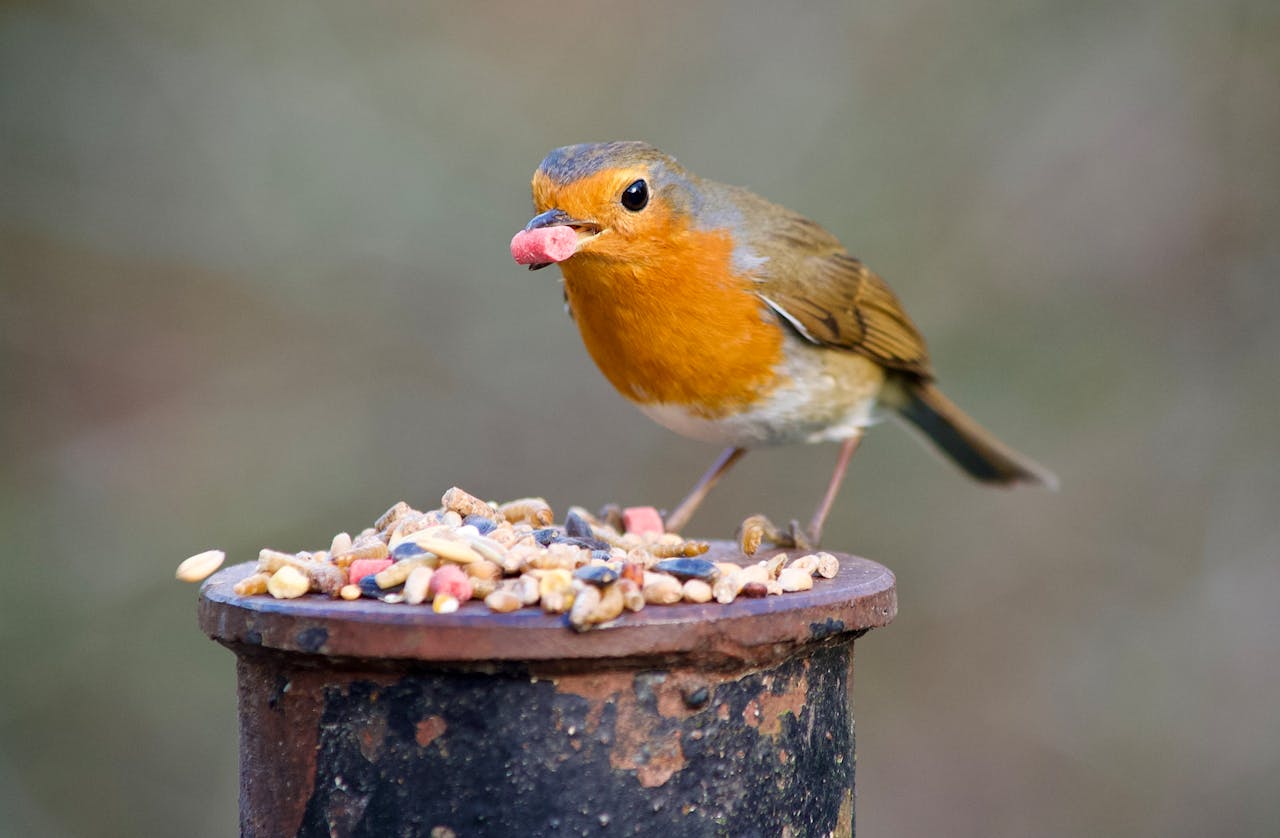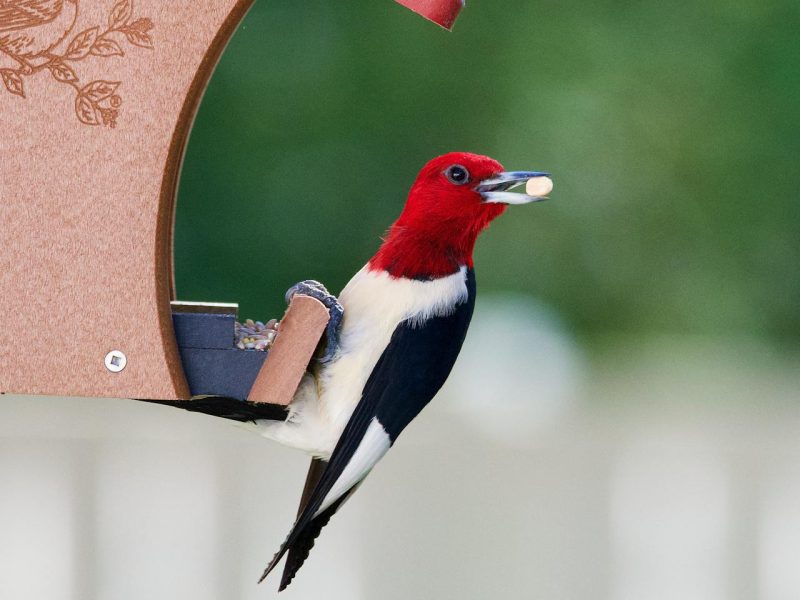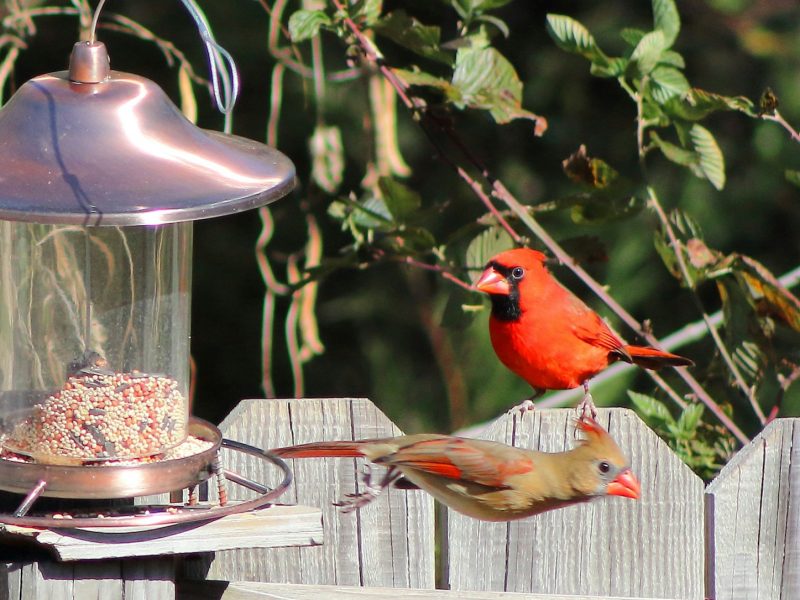Many people like to keep birds as companions since they enjoy talking, are colorful, lively, and can remain indoors. Parrots and little birds, on the other hand, demand a lot of care since they require adequate bird food and bird seed, companionship, interactive toys, and roomy cages to walk about in.
They should never be neglected because they develop behavior difficulties. Knowing how to properly care for your avian buddy is critical.
Which Bird Food is Best?
Bird food must be diversified, colorful, and nutritious to meet your feathery friend’s demands throughout the day. Consider their activity in the wild: how they seek food, forage for it, and consume seeds, fruits, and insects.
Feeding should be enjoyable since birds are naturally interested and like playing with their food, putting effort into the process. They are always startled by new sensations, flavors, and colors.
Fortunately, you don’t have to start cooking at home because you may find some incredible goods from manufacturers that have created whole meals.
Bird pellets are ideal for little parrots, particularly since they provide a balanced diet. Petshopdirect has some excellent goods that are tailored to your bird’s individual needs and kind. Pellets come in a variety of sizes, both small and big, making them easy to take and digest.
Of course, diets should be balanced and varied, so don’t think that just pellets are needed throughout the day. You may always incorporate additional items, such as table meals, snacks, treats, fresh fruits and veggies, and so on.
Why Bird Food Matters?
Proper bird food has a significant effect on your feathery buddy. It impacts their behavior, health, and feathers, and just as you pay attention to what you eat, so should your pet.
Even before purchasing a pet bird, you should consult with an expert to learn about the breed, what to expect, how to properly care for it, what meals are safe, and which to avoid. Some cause major problems, while others are poisonous, which means you risk losing your pet if you feed them particular foods, such as chocolate.
Vegetables are usually an excellent choice because they are nutritious and may be sliced into little pieces and served from your hand. You may feed your bird broccoli tips, leafy greens, carrots, peppers, zucchini, beets, peas, and so on.
The size might vary according to how your pet develops, and they will quickly get the hang of it. They also require protein, so feed lean foods like chicken breast once or twice a week to your mate. Some hard-boiled eggs can also be used as a dietary supplement.
Fruits, on the other hand, are not always advisable due to their high sugar content. Because your pet spends so much time inside the cage, eating too many fruits causes him to gain weight, and you’ll need to put him on a diet shortly.
Small portions work best, and they should be soft enough for your bird to take chunks off. The primary bird meal should be exceedingly healthy and luxurious, and any additional offerings can be regarded as treats. Your bird is most hungry in the morning, so provide basic food as well as fresh water. Small birds have rapid metabolisms and enjoy eating throughout the day.
When you offer your bird fresh fruits and vegetables, keep them out for only a few hours since they attract bugs, get stable, and dry up. You may always appealingly display the food to entice your bird to forage for it, or you can feed it directly from your hand to build a relationship.
It’s an excellent method to communicate with your companion, acquire their trust, and establish a bond. As for what you can get at online pet stores, check our website and you will find a wide variety of items, particularly pellets and seeds. They provide a full combination of minerals and vitamins, ensuring that your companion is always healthy and happy.
Why birdseed?
Bird seed is a healthy food that most birds enjoy. You may mix them with pellets or provide them as snacks so they can eat seeds all day long. Some companies provide snacking choices, such as seeds on sticks, allowing birds to forage for them, exert effort, and use their thoughts.
This is usually preferred since birds are intelligent and interested, and they should be engaged while attempting to feed, just as they would in nature.
It is in their nature, and even when they are indoors, certain behaviors must be encouraged and rewarded.
As previously said, food should be varied and healthy, therefore providing solely birdseed to your friend is not a smart idea. Although seeds are high in healthy fats and protein, not all of them are suggested. Giving too much can lead to obesity, vitamin deficiencies, and liver problems. Sesame, chia, and watermelon seeds are among the greatest possibilities.
Parrots prefer the flavor of bird seed and will skip other foods to consume it. They may be consumed in moderation, but remember to incorporate grains, fresh veggies, and fruits into your diet. Dry seeds provide health advantages since they encourage birds to forage, fill your pet’s stomach, are pleasant, and may be used as reinforcement.
When providing bird seed, consider the brand you purchase and the sorts of seeds included therein. You should invest in high-quality meals and seeds, or else you may discover that your pet has health problems and suffers from a variety of illnesses. It is never advisable to give out only one sort of food.



